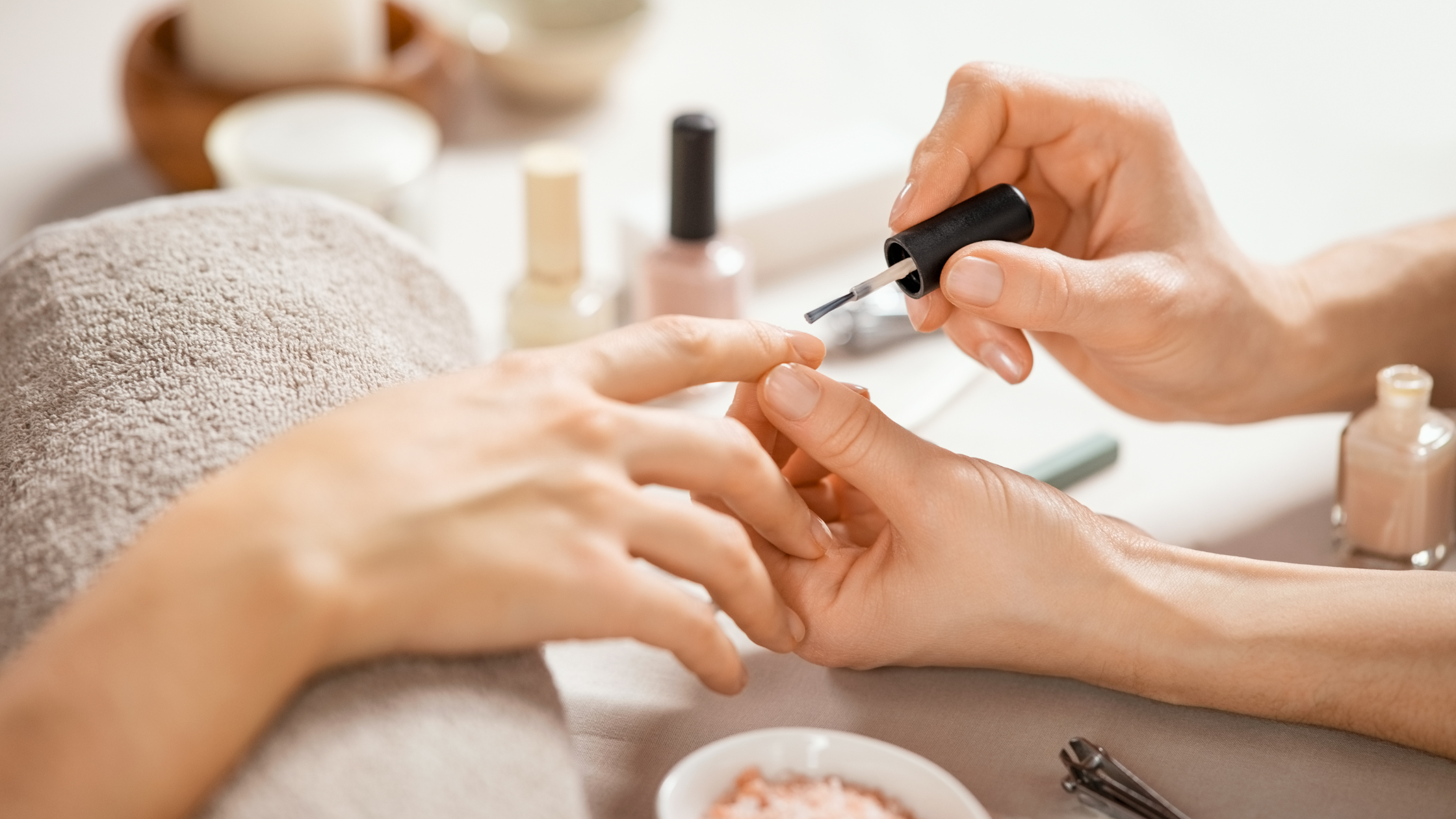
The Ultimate Guide to Nail Care During Chemotherapy: Tips and Strategies
Chemotherapy, an essential part of cancer treatment, often brings with it a host of side effects, including changes to nail health, commonly known as "chemo nails." These changes can range from brittleness and discolouration to more severe issues like nail separation or loss. However, with targeted strategies and mindful care, maintaining and enhancing nail well-being during chemotherapy is achievable. This guide delves deeper into practical and effective approaches to supporting your nails through this challenging time.
Top Strategies for Nail Well-being
The journey through chemotherapy demands proactive nail health. Regular monitoring of your nails for changes in colour, texture, or strength is the first line of defence<. Any significant changes should prompt a discussion with your healthcare provider, who can offer tailored advice or refer you to a dermatologist specialising in oncology-related nail care. This ensures that any nail care regimen complements your overall treatment plan, avoiding complications. Chemotherapy patients can adopt several practical measures to safeguard their nails:
- Intensive moisturising: Chemotherapy can reduce your nails' natural moisture, leading to brittleness. Regular use of a high-quality, fragrance-free moisturiser or cuticle oil, especially after washing hands or exposure to water, can help replenish lost moisture and keep nails flexible.
- Adapting Grooming Techniques: Nail maintenance should be gentle yet effective. Short, neatly trimmed nails are less prone to snagging and tearing, reducing trauma risk. When filing, using a fine-grit file and moving in a single direction rather than a seesaw action can prevent nails from fraying or splitting.
- Choosing Safer Nail Products: During chemotherapy, it's advisable to minimise exposure to harsh chemicals often found in nail care products. Opt for acetone-free removers when dealing with nail polish, and select varnishes that are free from harmful chemicals like formaldehyde, toluene, and dibutyl phthalate.
Nutrition for Nail Strength
Dietary choices can negatively impact nail health. Foods rich in biotin (such as eggs and almonds), vitamin E (found in sunflower seeds and spinach), and omega-3 fatty acids (present in fish like salmon and flaxseeds) can support nail strength and recovery. In addition to a balanced diet, supplements may be beneficial for some individuals. However, it's crucial to discuss this with a healthcare provider to ensure it works with your treatment regimen.
How to Protect Your Nails
Protective measures are vital to prevent breakage and chemical damage to the nails:
- Wearing Gloves: Simple actions like wearing gloves during household chores or gardening can shield the nails from water, detergents, and soil, reducing the risk of damage and infection.
- Mindful Activities: Engaging in activities that might expose nails to harm requires caution. Protective gear should be considered even for seemingly harmless tasks if they pose a risk of nail damage.
Nail Care Tips for Chemotherapy Patients
For those undergoing chemotherapy, specialised nail care tips can help:
- Artificial Nails: It's generally recommended to avoid artificial nails during chemotherapy. The chemicals and adhesives used can further compromise nail health, and the space between the artificial and natural nails can become a breeding ground for bacteria.
- Nail Polish Use: Choose non-toxic, water-based options. These products are less likely to contain harsh chemicals that weaken nails. It's also wise to give your nails a break between applications to allow them to "breathe" and recover.
Natural Remedies
Natural oils such as jojoba, almond, and coconut oil can serve as excellent moisturisers, offering a chemical-free way to nourish and strengthen nails. Gently massaging these oils into the nail beds and cuticles can increase blood circulation to the area, promoting healthier nail growth.
Conclusion
Facing chemotherapy is challenging, but incorporating these detailed strategies into your routine can help minimise the impact on your nails, preserving their health and appearance. By embracing gentle care practices, protective measures, and nourishing supplements, you can navigate this aspect of chemotherapy with confidence, ensuring your nails remain strong and resilient throughout your treatment journey. For more insights and support, explore additional resources by visiting Chemo Nails: A Guide to Prevention and Care

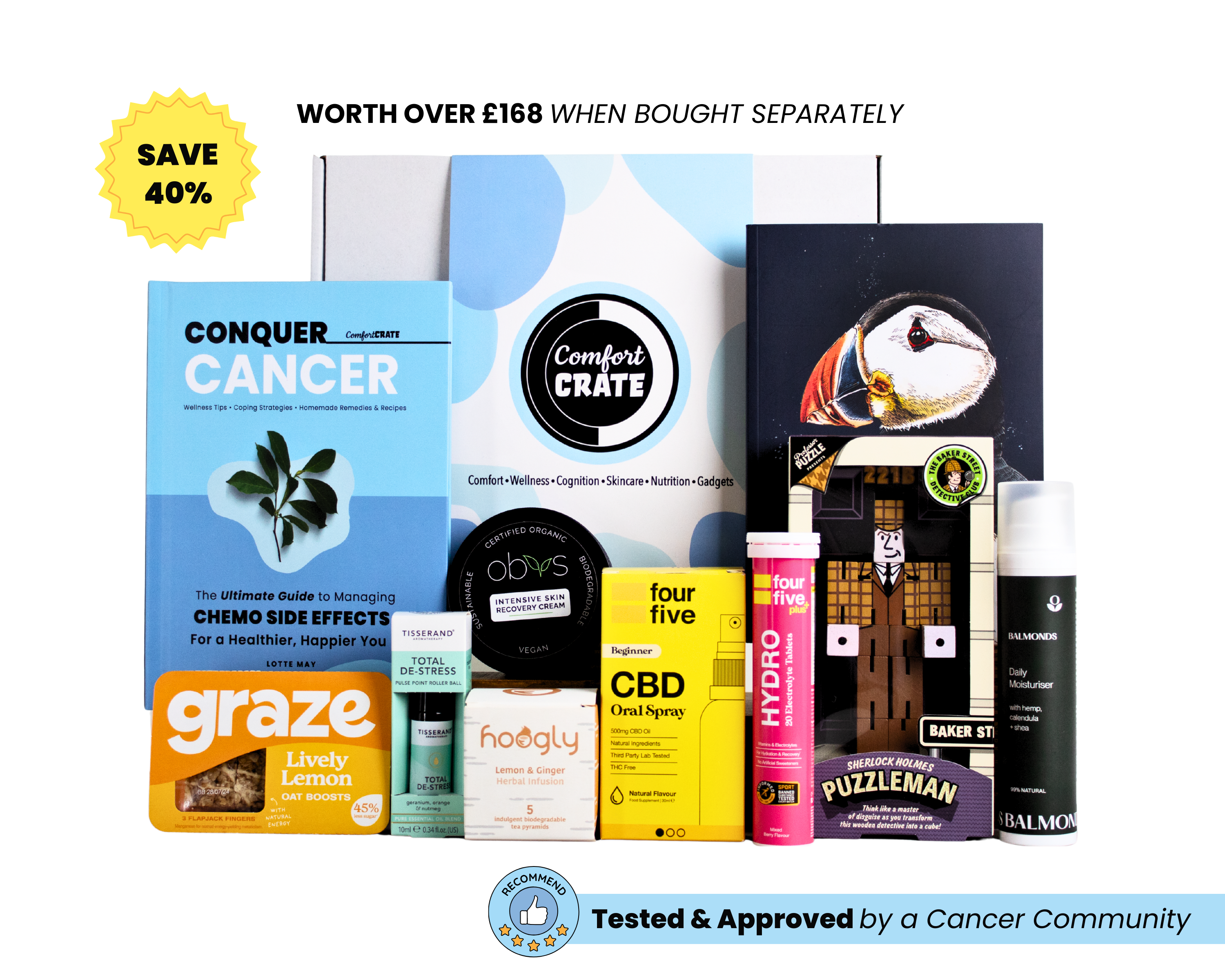
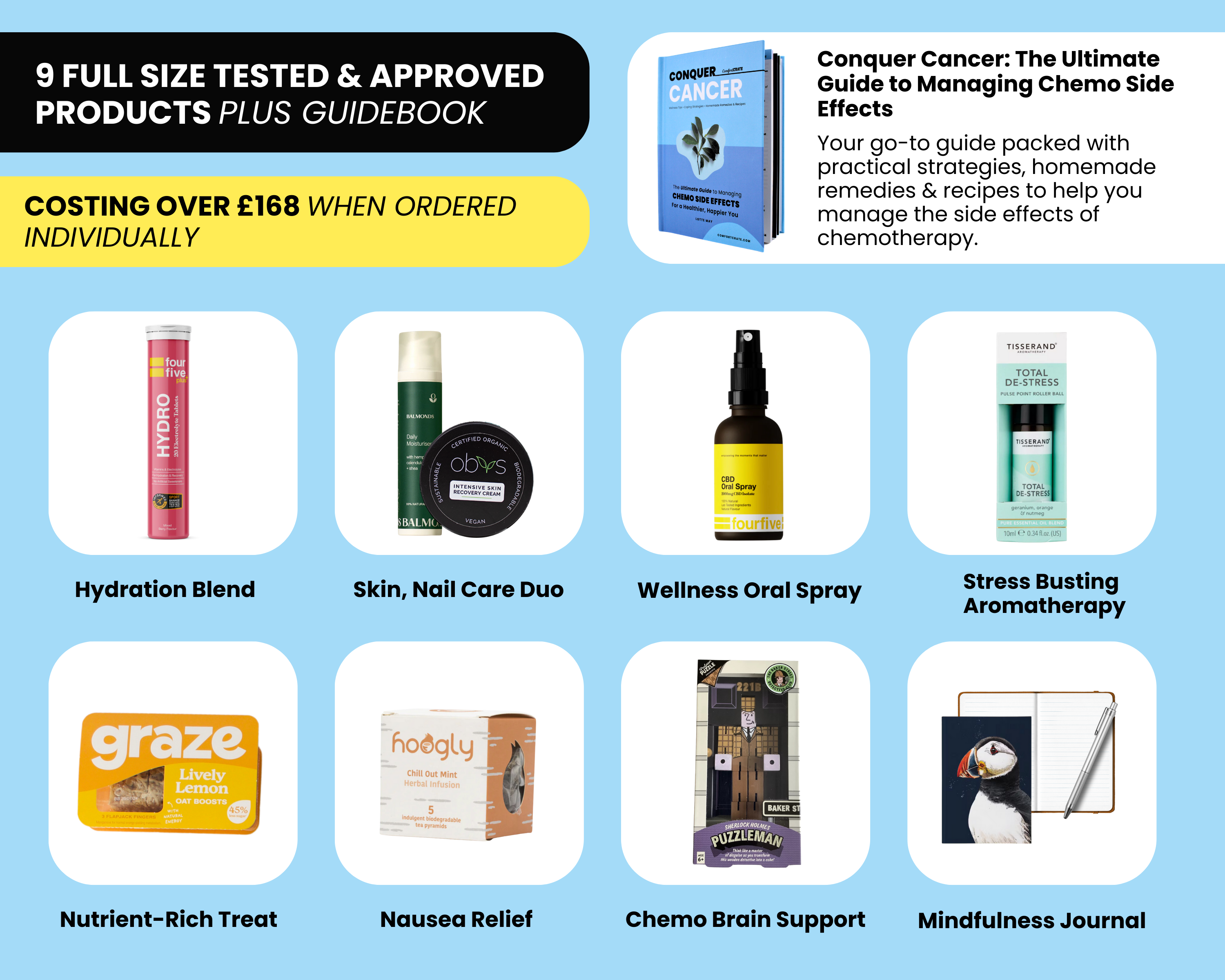
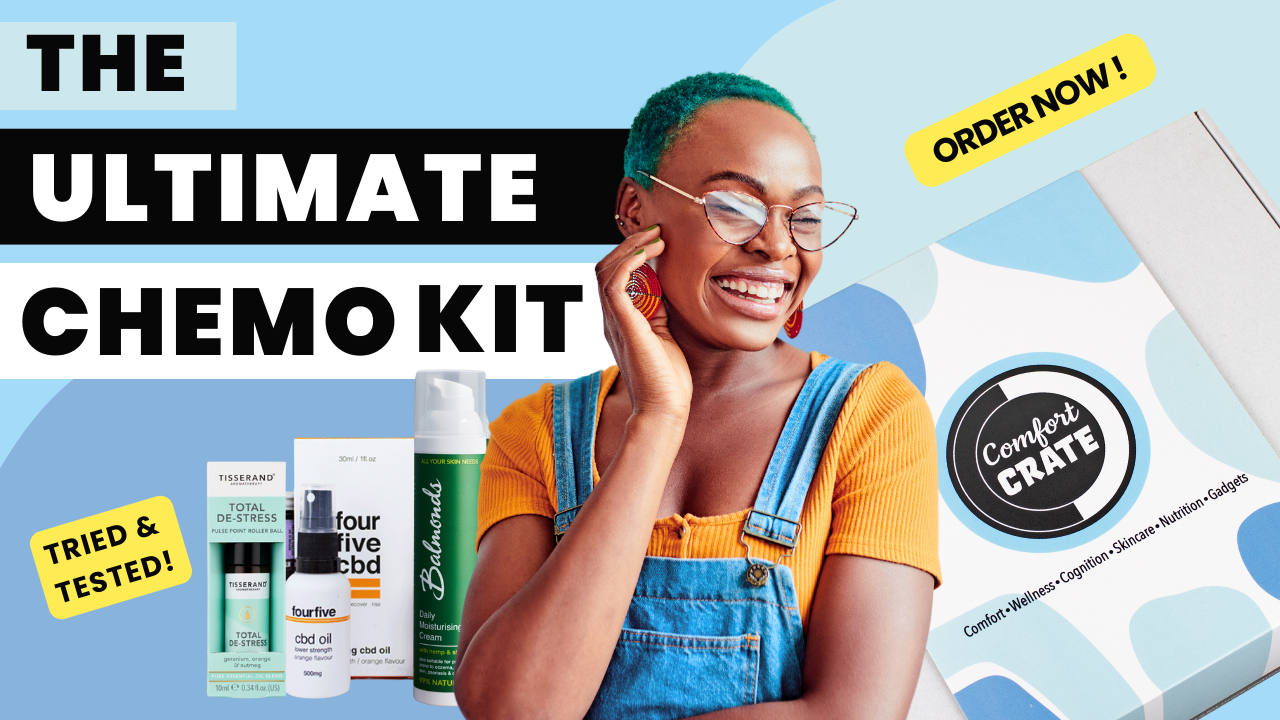
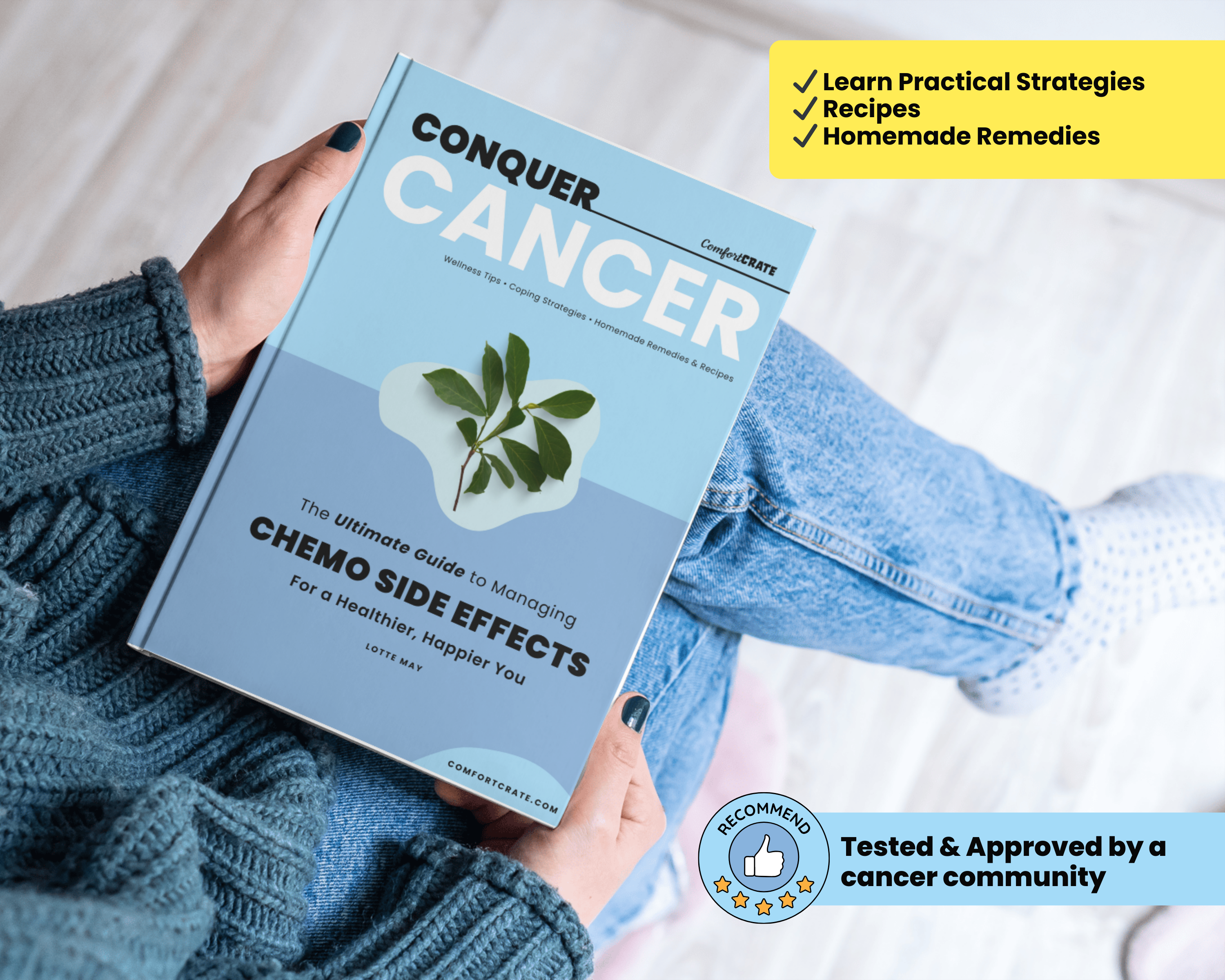

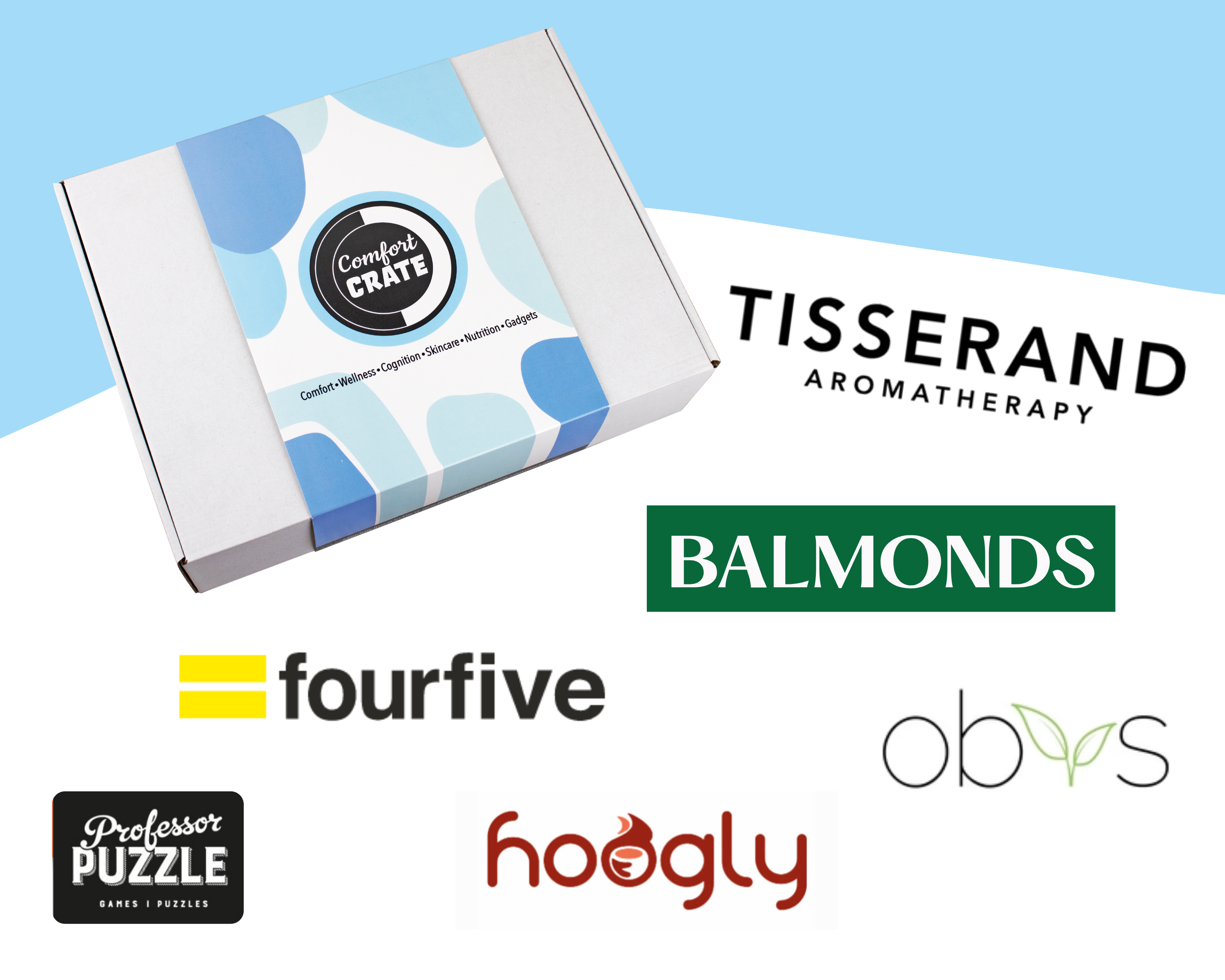


Leave a comment
This site is protected by hCaptcha and the hCaptcha Privacy Policy and Terms of Service apply.